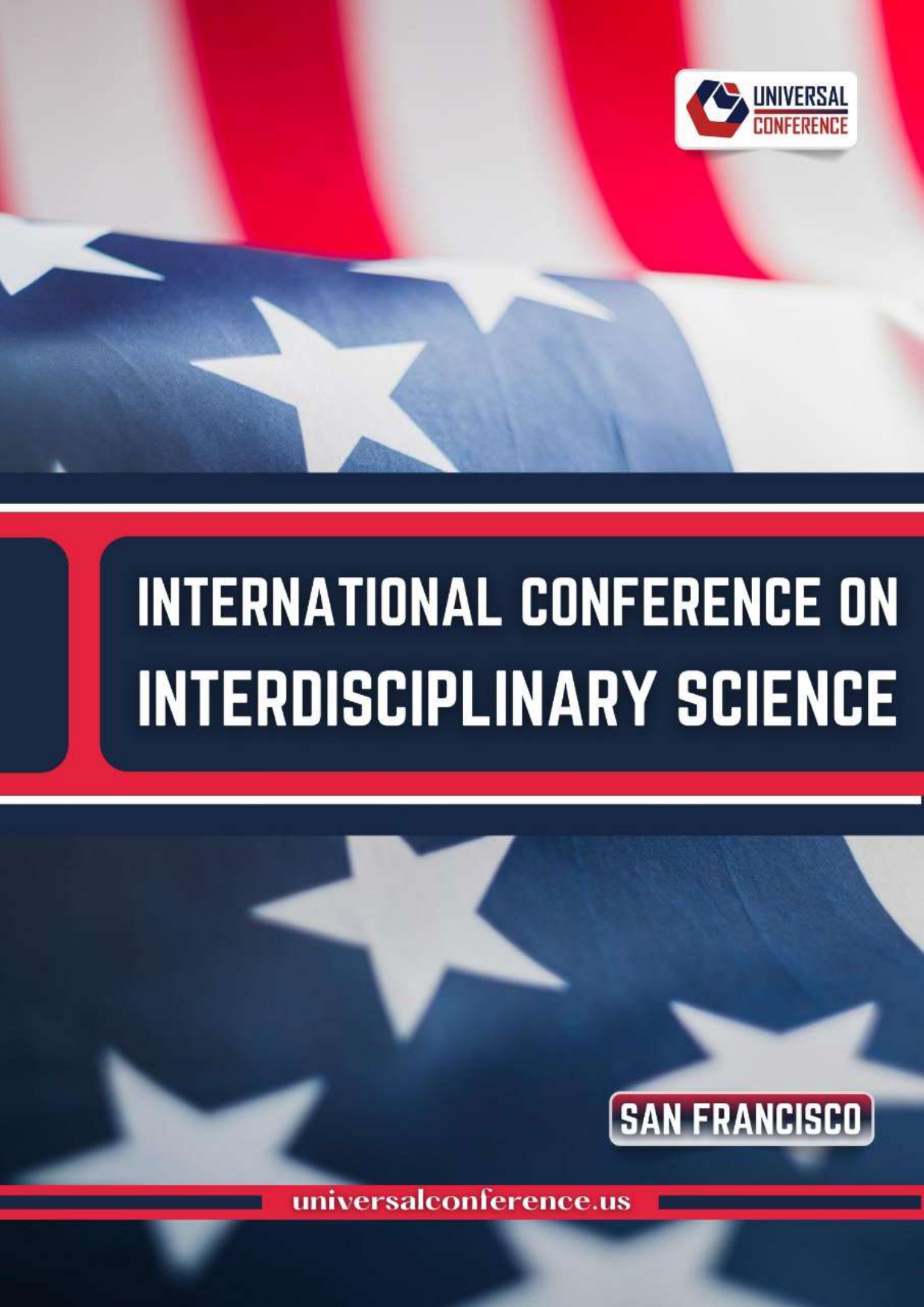THE DEVELOPMENT OF COHERENCE AND QUALITY OF PERFORMANCE IN CONFERENCE INTERPRETER TRAINING
Keywords:
Coherence, Performance Quality, Shadowing, Peer FeedbackAbstract
This thesis examines the development of coherence and the quality of performance in conference interpreter training. As the demand for highly skilled interpreters grows in multilingual and international settings, it becomes essential to focus on the cognitive and practical skills required for maintaining coherence and producing accurate interpretations. The study explores various training methods, including simulated interpreting exercises, shadowing, and peer feedback, which are designed to enhance these competencies. Additionally, the thesis investigates the role of cognitive strategies such as memory retention, attention, and multitasking in improving interpreter performance under time pressure. Challenges faced by interpreters, such as stress management and the limitations of simulated exercises, are also discussed. The findings highlight that effective training programs must integrate both linguistic and cognitive skills to ensure high-quality interpretation. Ultimately, the study provides recommendations for refining training methods and suggests avenues for further research in the field of conference interpretation.
References
1. Gile D. (2009). Basic Concepts and Models for Interpreter and Translator Training. John Benjamins Publishing Company.
2. Pöchhacker F. (2016). Introducing Interpreting Studies. Routledge.
3. Matysik J. (2013). Simultaneous Interpreting: A Cognitive-Pragmatic Analysis. John Benjamins Publishing.
4. Schweda-Nicholson J. (2005). Simultaneous Interpretation: A Cognitive Perspective. Amsterdam: Benjamins.
5. Seleskovitch D. (2002). Interpreting for International Conferences. John Benjamins Publishing.
6. Moser-Mercer B. (2000). Interpreting and Translation: Theory and Practice. Lang.







